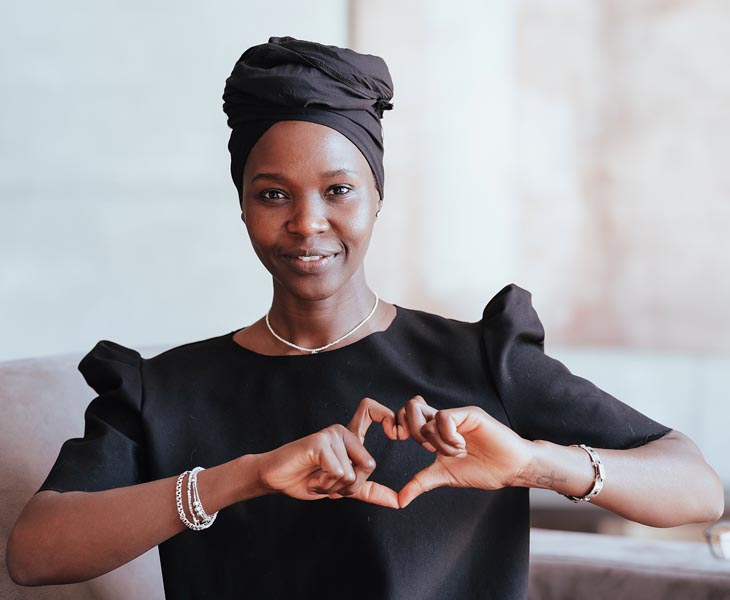[vc_row type=”in_container” full_screen_row_position=”middle” scene_position=”center” text_color=”dark” text_align=”left” overlay_strength=”0.3″][vc_column column_padding=”no-extra-padding” column_padding_position=”all” background_color_opacity=”1″ background_hover_color_opacity=”1″ width=”1/1″ tablet_text_alignment=”default” phone_text_alignment=”default”][vc_column_text]
While a Will is a good method of estate planning, a more effective method is to create a trust alongside a Will. Trusts are becoming an increasingly popular way of managing assets and protecting property. Private trusts are especially beneficial in planning one’s estate as it makes provisions for individuals as beneficiaries. A trust is a relationship that arises when one person (the Settlor), transfers property to another person (the Trustee) to hold that property for the benefit of himself or others (the Beneficiaries). The legal instrument used for creating a trust is the Trust Deed.
Although a Will may successfully transfer assets to other people it does not come into effect till the maker of the Will dies. Where a person desires to transfer a part of his estate during his lifetime, a trust would be a good way to achieve this. A trust may come into effect before death, at death or afterwards depending on the terms of the trust.
A common objective of Will creators may be to leave property for successive generations; unfortunately the reality of this is different as there is no guarantee that the gifted assets would survive the next generation. By contrast, the life of a trust is dependent on the terms of the trust and in some jurisdictions may transcend a hundred years. A trust would usually have more than one set of beneficiaries, each set being a different generation.A trust can hold property, bank accounts, and other types of assets; a direct result of this is that the trust will not only have longevity but it will operate in the same manner as the settlor would have even after several generations. A trust is a guaranteed means of building wealth for future generations.
A person whose estate is being planned may wish to enjoy some benefits from his estate while he is still alive. Where this is the objective a living trust may be created. A trustee is obligated to invest the assets in a trust. The Settlor, according to the terms of the trust may enjoy the wealth created by the trust assets during his life time.
Beneficiaries of a trust need not go through probate which is a tedious and long process. The assets in a trust may be accessed immediately the trust becomes active. This is in contrast to Wills which must go through probate. The details of a private trust are confidential
[/vc_column_text][/vc_column][/vc_row]












